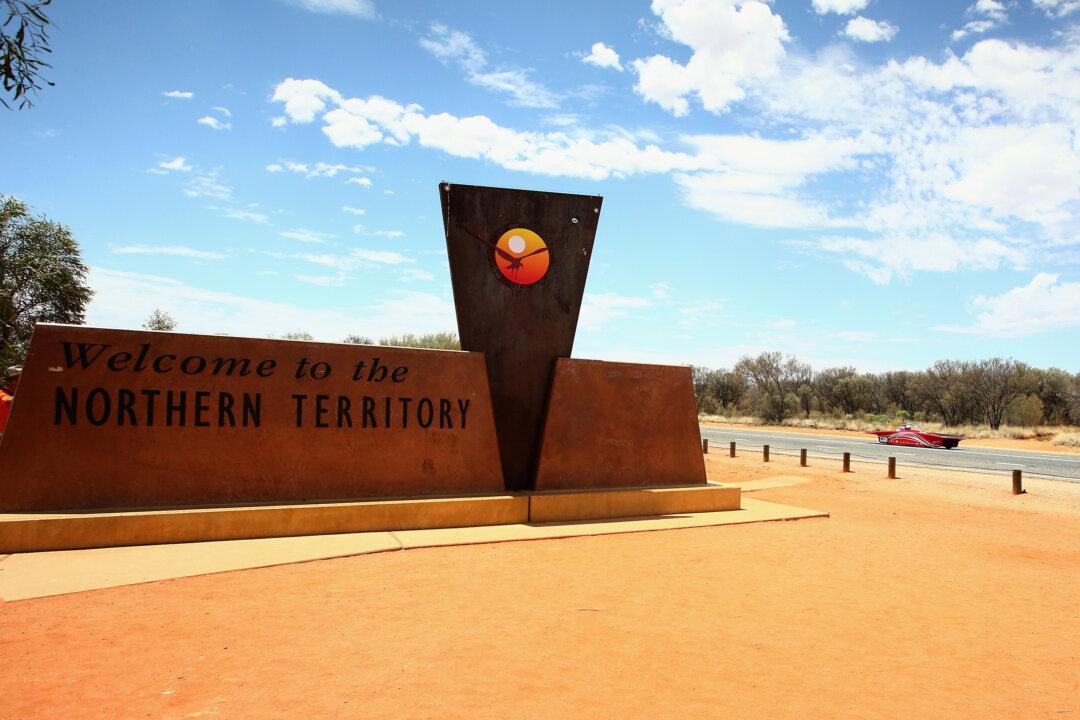The Northern Territory (NT) is looking to replace its current mining royalty scheme with one that is more competitive following a report that found it to be a deterrent to investment.
Currently, the territory is looking at changing its profits-based scheme to one that is based on the underlying value of the extracted assets. The proposed new scheme, called an ad valorem-based royalty scheme, has been described as “simple,” and delivers “investment certainty.”





